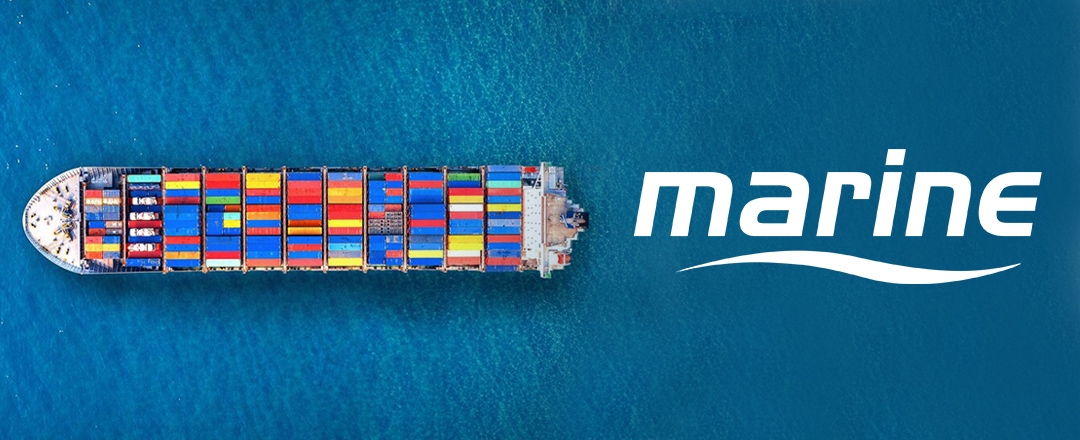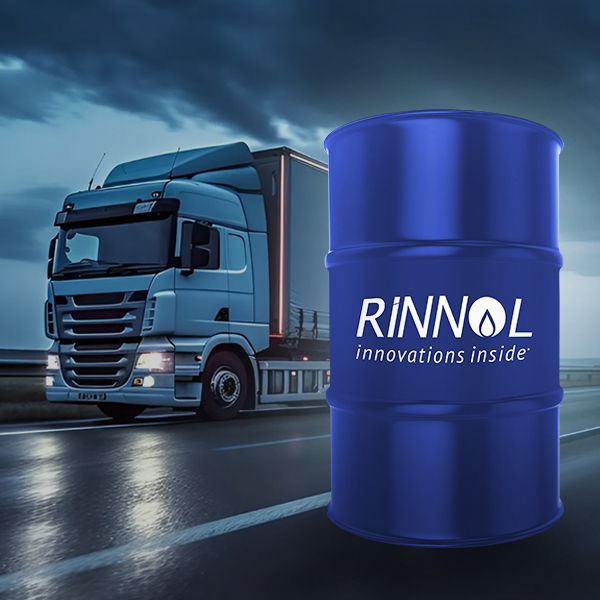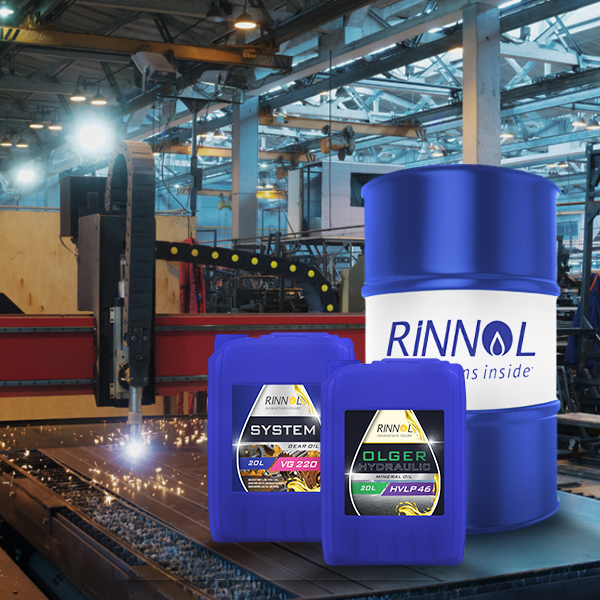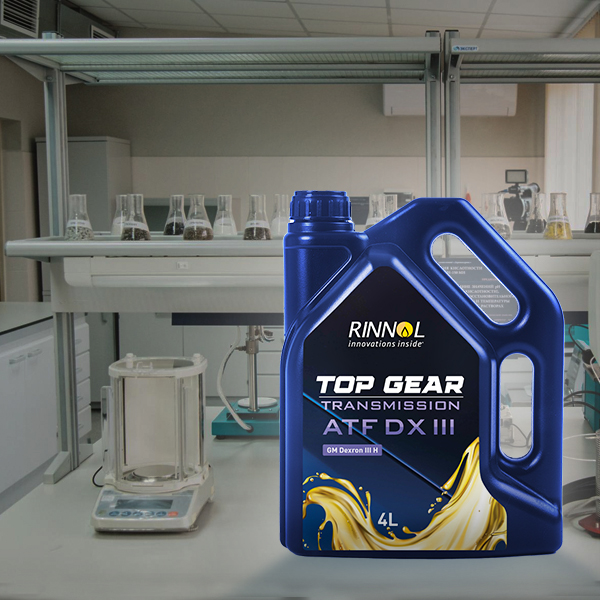Ship engines experience higher loads than automobile engines. As a rule, marine engines are highly loaded. Marine engine oils are exposed to high temperatures and mechanical loads. As a result of oxidation and thermal decomposition of oils, high-temperature deposits are formed in engines.
Modern marine engine oils are made from high-quality mineral base oils with the addition of a specially selected additive package to give the oil exceptional antioxidant and detergent characteristics.

The main requirements for marine oils include:
- high lubricity;
- high viscosity index;
- wide operating temperature range;
- thermo-oxidative indicators;
- uniformity of the protective film formation;
- low oil solidification temperature;
- low coking rate;
- low carbonation rate;
- high anti-corrosion protection functions.
One of the important features of marine engine oils is their high degree of protection against corrosion and oxidation. The marine environment is characterized by high humidity and aggressive elements that can lead to rapid wear and damage to the engine.
Therefore, marine engine oils must have excellent anticorrosive and antioxidant properties.
Another important aspect when choosing marine engine oils is to comply with the recommendations of the engine and ship manufacturer.
One of the key parameters of marine engine oils is viscosity. It determines the ability of the oil to retain its properties at different temperatures. For operation under high loads and variable temperatures, it is recommended to choose oils with a high viscosity index, which will provide reliable lubrication in all conditions.
An equally important aspect when choosing marine engine oils is compliance with quality and safety standards (for example, API, ACEA, NMMA). These standards ensure that the oil meets certain requirements for chemical composition, viscosity and temperature range, which is key to protecting the engine and ensuring its durability.

The selection of marine engine oils is a responsible process that requires consideration of many factors, including operating conditions, manufacturer’s recommendations and compliance with quality standards. The correct choice of oil and its regular replacement will help ensure safe and trouble-free operation of the engine on a marine vessel.




